GROUP D – Comparative Governments
Paper XVIII – Government and Politics in Canada
1) Canadian Political System: Nature and Characteristics
2) The Constitution – Origins and Evolution
3) Governor General, Prime Minister and Cabinet
4) House of Commons, Senate
5) Judicial System
6) Federal System, Quebec Issue, Inter-Governmental Relations
7) Electoral Systems and Elections
Political Parties and Political Process
Paper XIX Government and Politics in Sweden
Government and Politics in Sweden
1) Constitutional Development
2) Parliamentary Monarchy
3) Structure and organs of Government: Executive, Legislative and Judiciary
4) Party System
5) Pressure Groups
6) Bureaucracy
7) Major Issues: Welfare (Social Security), Integration with EU, Redressal of Grievances.
Paper XX – Government and Politics in China
1) Constitutional Development
2) Communists Party in the Political System
3) The State Structure and Administrative Divisions
4) Central Government Organizations: Executive, Legislature and Judiciary
5) Development of the Policy: Problems and Issues
6) Deng Xiaoping era: Liberalization and Reform era
7) Jiang Zemin era, Hu Jintao
Issues of Minorities, Foreign Policy, Economic and Democratic Reforms
Group E (South Asian Studies)
Paper-XVIII -Government and Politics of South Asia – II
(Bhutan and Nepal)
1) Geopolitical realities and historical background of South Asia
2) Socio-economic structure of South Asian countries
3) Constitutional and political development since the Second World War
4) Basic nature of political system of South Asian countries
(i) Democratic and monarchical systems
Paper-XIX Foreign policies of South Asian states- II
(Sri Lanka, Maldives, Bhutan and Nepal)
1) Key determinants and objectives of foreign policies of South Asian states
2) Foreign policies of South Asian states in the post Second World War
3) Inter-regional conflict and intra-regional interactions
(i). Ethnic conflicts
Paper-XX Nation Building In South Asia-II
(Sri Lanka, Maldives, Bhutan and Nepal)
1). The narrative and dynamics of nation-building in South Asia
(i) Contextualising the two-nation theory and partition
(ii) Nation-building and the project of national integration
2). Democracy and its discontent: Challenges of strange multiplicity
(i) Pluralism vs the multicultural debate
(ii) Secularism, communalism and regionalism (the problem of language, caste and religion)
3). Challenges to the nation-state
(i). Politics of recognition and the question of autonomy, self-determination and subnationalism
Group F – Gender and Politics
Paper XIII Gender and Public Policy-II
1) Literacy and education
2) Technology and the digital divide
3) Gender and the Environment Debate
4) Gender, Security and peace
Paper XIX Women in Indian Politics
1) Women and Political Participation in India: An overview
2) Revolt of 1857 and Rani Lakshmi Bai of Jhansi
3) Women in national movement: Annie Besant, Sarojini Naidu, Rajkumari Amrit Kaur, Kamla Devi Chattopadhyay, Durga Bai Deshmukh, Aruna Asaf Ali, Sarala Devi Chaudhari
4) Women in Election Process in India
5) Women in Parliament
6) Women in State Legislatures
7) Women in Panchayat.
Paper- XX Feminist Political Theory-II
1) Social Democratic Feminism: Bebet, Zetkin and Perkins
2) Radical Feminism: Rejection of Patriarchy
3) Postmodernist Feminism: Importance of Difference
4) Beyond Postmodern Feminism?
skip to main |
skip to sidebar
Get the latest free guess papers of class 8th, 9th, 10th, FA, FSC, BA, BSC, MA, MSC, MCOM, BCOM, MIT, PGD-It, and Other Classes of Punjab University and Others Colleges and Boards of Pakistan India and Bangladesh
MORE GUESSPAPERS and NOTES
197 MUSIC
221 BIOTECHOLOGY (878)
A level Latin
A-level ACCOUNTING 0452/01 Paper 1 Multiple Choice May/June 2009
A-level FIRST LANGUAGE CHINESE 0509/02
A-level Pakistan Studies 2006
A-level PHYSICS Paper 3 Extended 0625/03
BA Economics
BCOM PART 2 ADVANCED ACOUNTING
BCOM PART 2 BCRW
BCOM PART 2 BUSINESS LAW
BCOM PART-2 AUIDITING
BCOM-II Economics
BCOM-PART 2 BUSINESS TAXTATION
BCOM-PART 2 COST ACCOUNTING
BIOTECHOLOGY (878)
CA Foundation Course GDP n GNP
CA Free Markete Economy
CA important questions
CA Notes Scarcity and Choice
CA Notes UNIT 3.1 NATIONAL INCOME
CA Notes UNIT 3.2 GOVERNMENT AND THE ECONOMY
CA Notes UNIT 3.3 FISCAL POLICY
CA Notes UNIT 3.4 MONEY MONETARY POLICY
CA Notes UNIT 3.5 CAPITAL
CA Notes UNIT 3.6 INTERNATIONAL TRADE
CA Solved Assignments
CBSE Science - Chap 1 - Crop Production And Management - Page 13 - Q 1
CBSE Syllabus Class 9 - English (Communicative )
CBSE Syllabus of English Language And Literature for Class 9th For March 2009 Examination ENGLISH - LANGUAGE AND LITERATURE (Code No. 184)
CBSE Syllabus of Mathematics for Class 9th For March 2009 Examination Course Structure Class IX | Mathematics
CBSE Syllabus of Science And Technology for Class 9th For March 2009 Examination COURSE STRUCTURE CLASS IX | SCIENCE (THEORY)
CBSE Syllabus of Social Science for Class 9th For March 2009 Examination COURSE STRUCTURE Social Science | CLASS IX
Class X BIOLOGY GUESS QUESTIONS FOR SSC
Class X SOCIAL PAPER 1 GUESS QUESTIONS - - - - -
Class X Social Studies Question Paper
COMPUTER SCIECE (868)
COST AND REVENUE
Economics Solved Assignments
ELECTRICITY A D ELECTRO ICS (866)
Empirical and Molecular Formulas
EVIROMETAL SCIECE (877)
FASHIO DESIGIG (865)
GEOMETRICAL AD MECHAICAL DRAWIG (869)
Guess Paper – 2010 Class – X Subject –Chemistry (Equations)
Guess Paper – 2010 Class – X Subject – English Paper - I
IMPORTANT QUESTION CA
INDIAN CERTIFICATE OF SECONDARY EDUCATION EXAMINATION
INDIAN SCHOOL CERTIFICATE EXAMINATION
ISC MODEL EXAMII\ATION 2OTO CLASS XII MATHEMATICS
LATIN 0480/02 Paper 2 Literature May/June 2009
LITERATURE IN ENGLISH 2010/01
Managerial Economics Notes UNIT 3.1 THE SCOPE OF MANAGERIAL ECONOMICS
Managerial Economics Notes UNIT 3.2 RISK ANALYSIS RISK AND UNCERTAINTY IN MANAGERIAL DECISION MAKING
MARCH 2010
MARK SCHEME for the May/June 2008 question paper 2059 PAKISTAN STUDIES
MCOM Notes UNIT 1 DEFINITION AND BASIC CONCEPTS
MCOM Notes UNIT 1.5 PRODUCER BEHAVIOUR
MCOM Notes UNIT 1.6 THEORY OF THE FIRM
MCOM Notes UNIT 2.1 NATIONAL INCOME
MCOM Notes UNIT 2.2 INFLATION AND BUSINESS CYCLE
MCOM Notes UNIT 2.3 BALANCE OF PAYMENT AND EXCHANGE RATES
MCOM Notes UNIT 2.4 MONEY AND BANKING
Model Question Paper B.A. (Hons.) English Entrance Test
MS 01 Management Functions and Behaviour
MS 02 Management of Human Resources
MS 06 Marketing For Managers
MS-05 Management of Machines and Materials
O-level ACCOUNTING 0452/01 Paper 1 Multiple Choice May/June 2009
Pak Studies Ch 8 Chapter Name: Industry of Pakistan.
Paper BA Economics B
PHYSICAL EDUCATIO (875)

